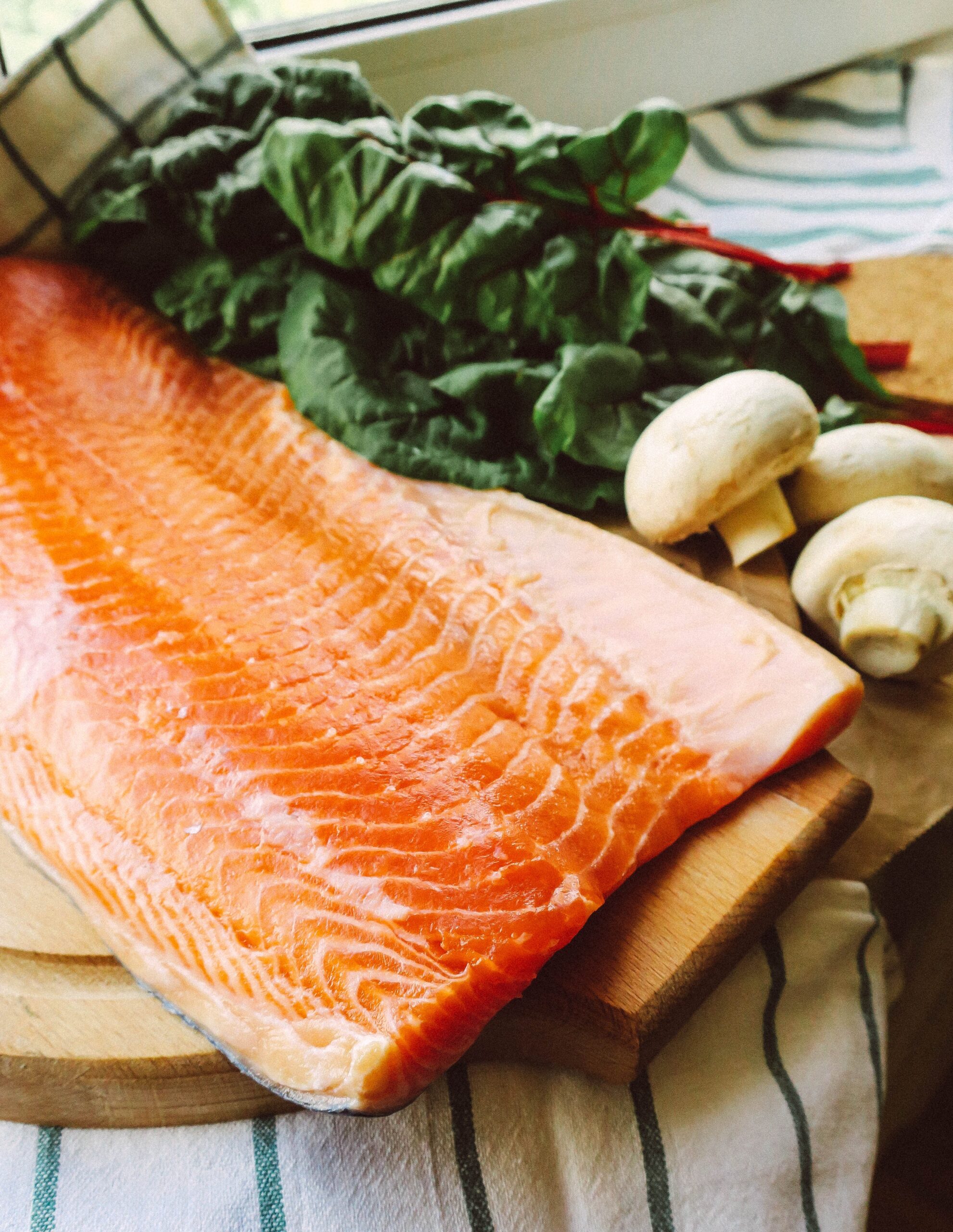
Vitamin D is an essential nutrient that is necessary in order to maintain bone health and support our immune system. Oftentimes referred to as the “sunshine vitamin” because our body produces this type of nutrient when we are present in the sun. There are also dietary sources of vitamin D. These are a few examples of how to increase vitamin D in your diet:
Fatty fish
Some examples of fatty fish are salmon, tuna and mackerel. These types of fish are great sources of vitamin D. In fact, a 3 oz serving of salmon actually contains around 450 international units of vitamin D which exceeds the recommended daily intake for most people. Other types of fish, such as sardines and herring, are also high in vitamin D.
Fortified foods
Some food and drinks are actually fortified with vitamin D. this means that vitamin D has been added during processing. Some examples are: milk, orange juice and some breakfast cereals. Make sure you check the label to see how much vitamin D is added before purchasing!
Mushrooms
Mushrooms are actually the only plant-based source of vitamin D. This does not mean, however, that all mushrooms supply vitamin D. Only mushrooms that have been exposed to UV light contain a great amount of vitamin D. You can easily increase the vitamin D content of mushrooms by placing them in direct sunlight for about an hour before eating them.
Egg yolks
Egg yolks are another great source of vitamin D. One large egg yolk contains about 40 international units of vitamin D. It is important to mention that most of the vitamin D within an egg is found in the yolk. Only eating the egg white prevents you from receiving these nutritional benefits.
Vitamin D supplements
If you cannot get enough vitamin D from sunlight or other food sources, it may be helpful to take a supplement. Vitamin D supplements can be available over the counter and can come in many different forms.
To summarize, increasing your daily intake of vitamin D can be done so through different dietary and supplemental sources. It is important to note, however, that getting enough vitamin D solely from food can be difficult. Sunlight exposure can be a great way to absorb vitamin D. If you have concerns about your levels of vitamin D, talking to your healthcare provider about supplementation will be beneficial.
